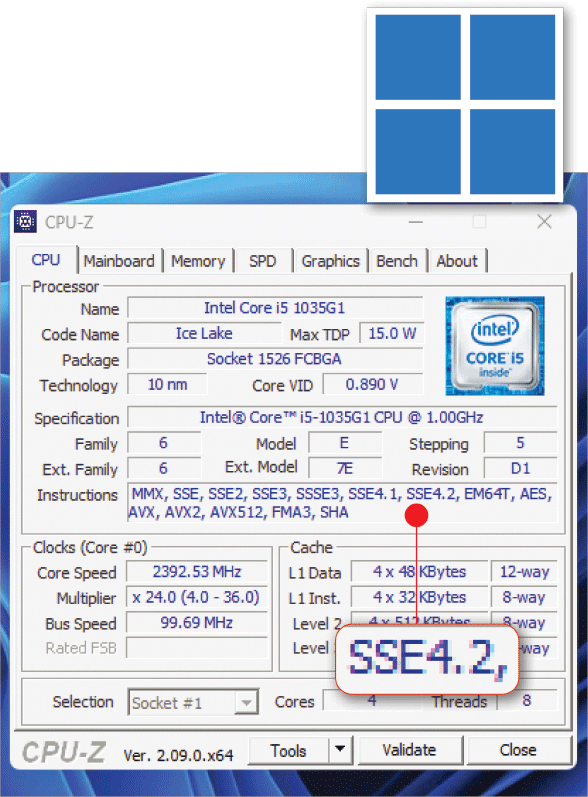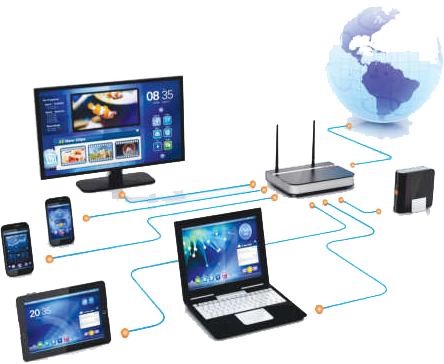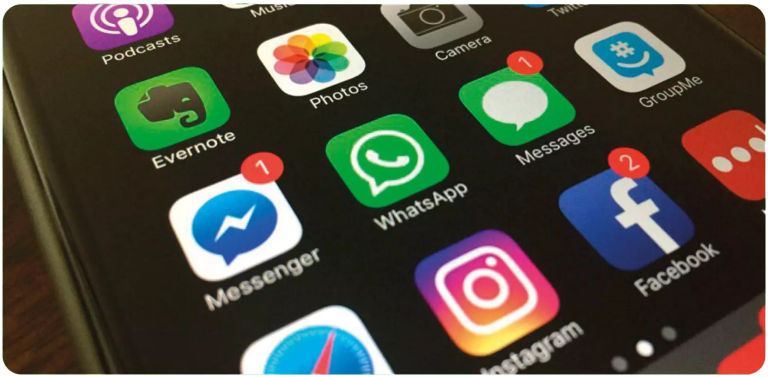Old PCs won’t be able to run Windows 11 updates

Some older Windows 11 computers may not be able to run future updates because they don’t have the right processor.
The claim comes from Windows Insider Bob Pony on X (formerly Twitter), who spotted that Microsoft’s forthcoming 24H2 update for Windows 11 requires a processor instruction called Population Count (POPCNT). “Without POPCNT, it doesn’t boot!” he wrote, having examined the code for a preview build of 24H2.
Introduced in the 1960s, POPCNT counts the number of ones in binary datasets, and has typically been used in computer graphics and encryption.
However, it can also help run neural networks, which are computer systems inspired by the structure of human brains. These can be used to perform complicated tasks such as recognizing patterns in data, mages, speech and more.
Microsoft hasn’t commented, but it may want computers to have POPCNT because Windows 11 will be more dependent on neural networks in future. Neural networks are a crucial part of AI, which Microsoft claims will radically improve how people use Windows.
The move won’t affect most Windows 11 users though. Intel introduced processors that work with POPCNT in 2008, so almost all computers made since then will be fine.
You can check using the free software CPU-Z, which scans your PC and installed hardware to generate a detailed report of your components.
Run CPU-Z then look in the Instructions section. If your computer has an Intel processor, look for SSE4.2 (pictured above). If you have an AMD processor, look for SSE4A. Both indicate that your processor supports POPCNT. Version 24H2 of Windows 11 is expected in the autumn, and will be a major update. Its release almost certainly means Microsoft won’t launch Windows 12 this year.
WHAT WE THINK
Only very old computers lack support for POPCNT, so you probably don’t need to worry. But it’s a reminder that Microsoft will tighten specifications for Windows 11 even if it affects PCs that are already running it. The decision may have been driven by Microsoft’s enthusiasm for AI, but we’ve yet to see much evidence that this technology will herald a new dawn in computing. So far, in Windows at least, it seems to comprise Copilot and little else.








You must be logged in to post a comment.